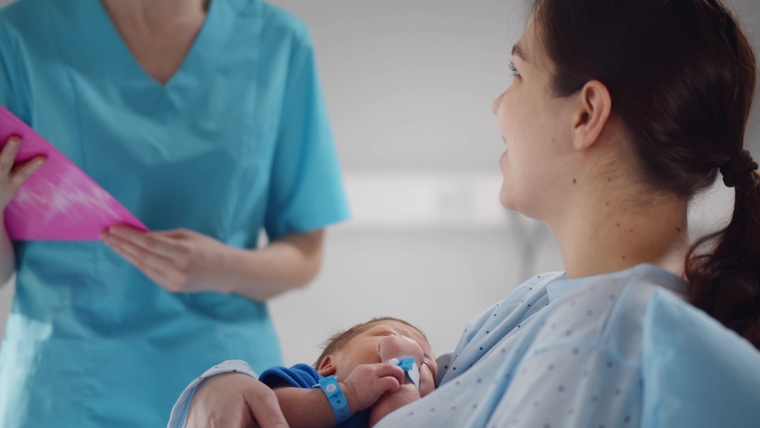Posted By: Amy Tubb
20th July 2022
2 minute read

Today, the Government released their first ‘Women’s Health Strategy for England‘, detailing:
From March to June 2021, the Government held a call for evidence to inform the strategy’s development. They received nearly 100,000 responses from women across the country, and over 400 written submissions from organisations and experts in health and care. The Maternal Mental Health Alliance (MMHA) and many of its members were among the submissions, bringing attention to women’s mental health needs before, during and after pregnancy.
When we get it right for women, everyone in our society benefits.
Professor Dame Lesley Regan, Women’s Health Ambassador
“In the call for evidence survey, mental health was in the top 5 topics selected by respondents for inclusion in the Women’s Health Strategy (selected by 39% of respondents) and this was consistent across every age group.”
To address the issues raised, the Government said they plan to focus on prevention, disparities in outcomes, improving access to specialist support and mental health ‘literacy’. Furthermore, they made a commitment to “better tailored research, information and services that support all women and girls across their life course with their mental health”.
“The MMHA welcomes the Government’s first Women’s Health Strategy; an important milestone to begin to address the health inequalities women face. Alongside the appointment of the first Women’s Health Commissioner, Dame Lesley Regan, this strategy represents what we hope is a genuine commitment to addressing the health needs of women across the UK.
“For this strategy to have real impact, it is essential that there is parity of care between mental and physical health. Whilst we acknowledge mental health is included as a priority area, the MMHA is concerned that the strategy fails to consider women’s mental health, particularly during pregnancy and in the first years after birth, with anywhere near the level of detail we would hope for. More than 1 in 5 women experience a mental health problem during pregnancy or within the first years after birth. If untreated, this can have a devastating impact on women, babies and families.
“The strategy includes new commitments to women who have experienced baby loss and a reminder of existing initiatives to support maternal mental health, which is welcome. However, new ambitions, particularly to meet the needs of women with more common maternal mental health problems such as depression and anxiety, are lacking.
“Alongside an ambitious strategy, the Government needs to commit to allocating funding for this work, so that action to improve women’s health becomes a reality. The MMHA will continue to work with the Government as further details of the implementation of this strategy emerge, to ensure that all women and their families across the UK have access to the compassionate care and high-quality maternal mental health support they need.”
Explore the strategy